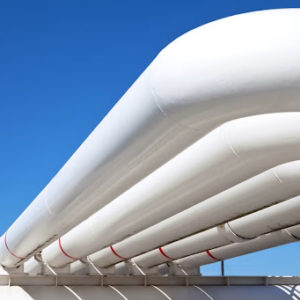-
Closure of Nord Stream pipeline for annual maintenance drives fears it will not reopen as Germany rations energy
Date posted:
-
-
-
Post Author
Patrick LaveryCombustion Industry News Editor
-
-

The Nord Stream (1) pipeline between Russia and Germany has been closed for scheduled annual maintenance, a routine occurrence that this year comes with deep concerns. While the maintenance period is due to be complete by 21 July, governments and utilities are holding their collective breath to see if gas will once again flow after the period ends, given the high tensions between Russia and the EU following the former’s invasion of Ukraine.
In June, Gazprom reduced flows through the pipeline to 40% of capacity, the official reason being a delayed turbine that had been sent for repairs at Siemens Energy’s plant in Montreal, Canada. That turbine has now been repaired and is being returned, after an exemption from sanctions was given by the Canadian government for its export. Canada’s minister of natural resources, Jonathan Wilkinson, said that absent “a necessary supply of natural gas, the German economy will suffer very significant hardship and Germans themselves will be at risk of being unable to heat their homes as winter approaches”.
Many eyes will be watching closely come 21 July. As the Financial Times reports, Germany has begun to ration hot water and shut down swimming pools, as well as dim street lighting, in an effort to conserve energy. With the situation becoming “more than dramatic”, in the words of Axel Gedaschko, head of the federation of German housing enterprises GdW, “Germany’s social peace is in great danger.” Measures being taken include Vonovia, the country’s largest residential landlord, lowering heating temperatures to 17C between 11pm and 6am, to save 8% in heating costs. (This type of measure may become commonplace as countries around the world attempt to lower greenhouse gas emissions.)
Other measures being floated as ideas are turning off traffic lights at night, shutting off hot water in government buildings, museums and sporting centres, and stopping illuminating historic buildings, as well as adjusting air conditioners. Meanwhile, sales of firewood, coal and gas cannisters have shot up, indicating citizens are taking matters into their own hands to some extent. Yet the prices for those, too, have risen dramatically – there is no easy way out of the crisis.
